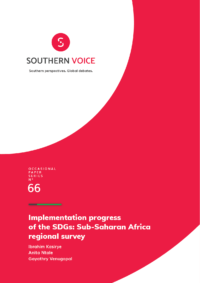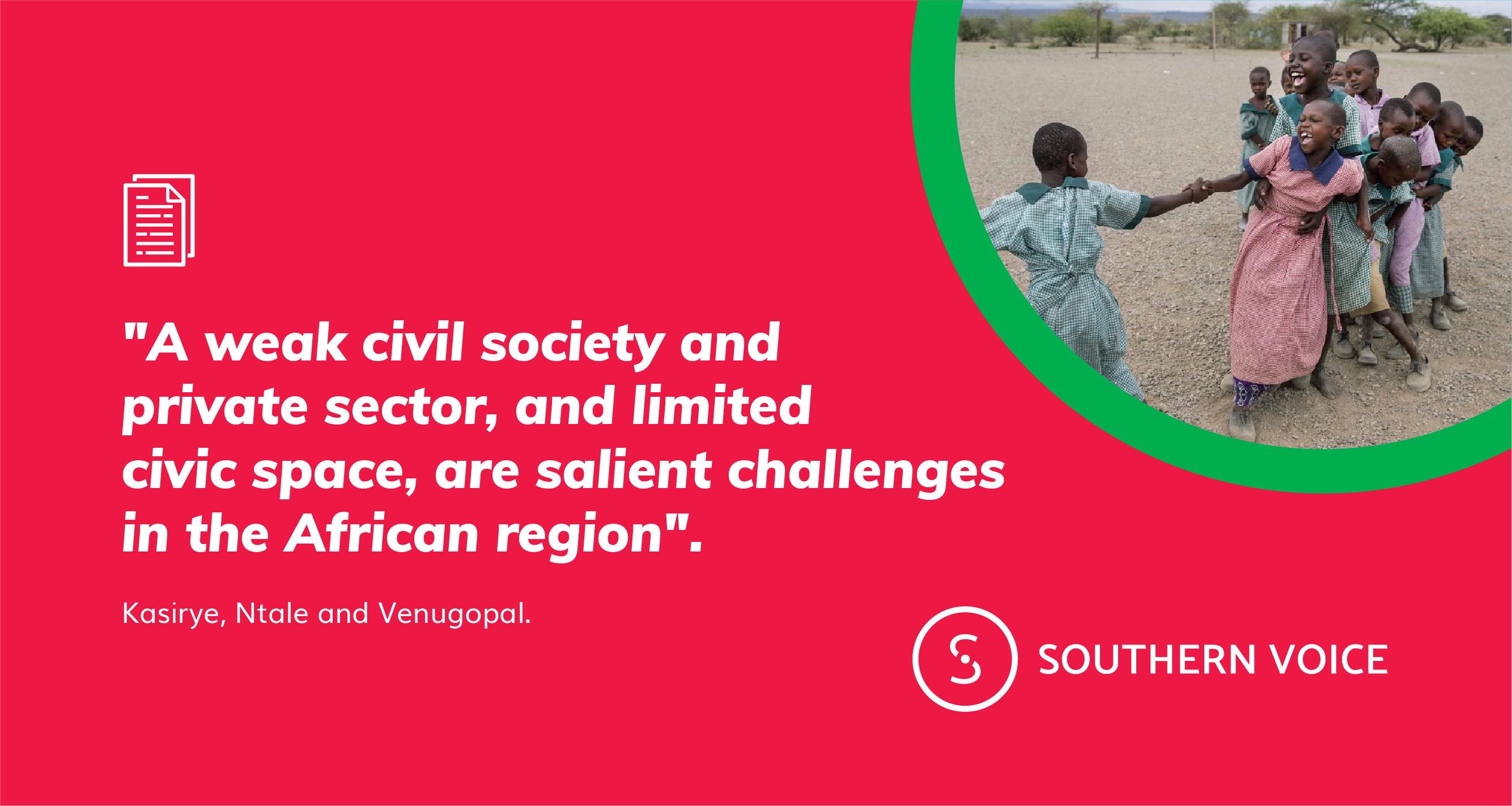What does the future of African agriculture look like? Will it be able to meet the demand of a population…
 Africa accounts for a very large share of the global population facing mass poverty. As such, progress implementing the Sustainable Development Goals (SDGs) in this region will affect SDG implementation worldwide, given the relatively large levels of deprivations. This study explores SDG implementation in the context of the global 2030 Agenda and the region’s own Agenda 2063. The study highlights salient issues affecting SDG implementation and different country approaches to implementation. It focuses on the implementation of three SDGs: quality education (SDG 4), affordable and clean energy (SDG7), and decent work and economic growth (SDG8). Progress, processes, structures, and status of SDG implementation are examined in light of the five implementation challenges policy alignment, institutional structures, resource mobilization, partnerships and participation, and data availability and accountability mechanisms. Besides the United Nations 2030 Agenda, Africa signed up to two other major development programs— the Agenda 2063 and the 2011 Istanbul Programme of Action (IPoA). The study illustrates the challenges of aligning multiple regional agendas—which, in the case of Sub-Saharan Africa—are in some instances, competing with the global 2030 Agenda.
Africa accounts for a very large share of the global population facing mass poverty. As such, progress implementing the Sustainable Development Goals (SDGs) in this region will affect SDG implementation worldwide, given the relatively large levels of deprivations. This study explores SDG implementation in the context of the global 2030 Agenda and the region’s own Agenda 2063. The study highlights salient issues affecting SDG implementation and different country approaches to implementation. It focuses on the implementation of three SDGs: quality education (SDG 4), affordable and clean energy (SDG7), and decent work and economic growth (SDG8). Progress, processes, structures, and status of SDG implementation are examined in light of the five implementation challenges policy alignment, institutional structures, resource mobilization, partnerships and participation, and data availability and accountability mechanisms. Besides the United Nations 2030 Agenda, Africa signed up to two other major development programs— the Agenda 2063 and the 2011 Istanbul Programme of Action (IPoA). The study illustrates the challenges of aligning multiple regional agendas—which, in the case of Sub-Saharan Africa—are in some instances, competing with the global 2030 Agenda.


